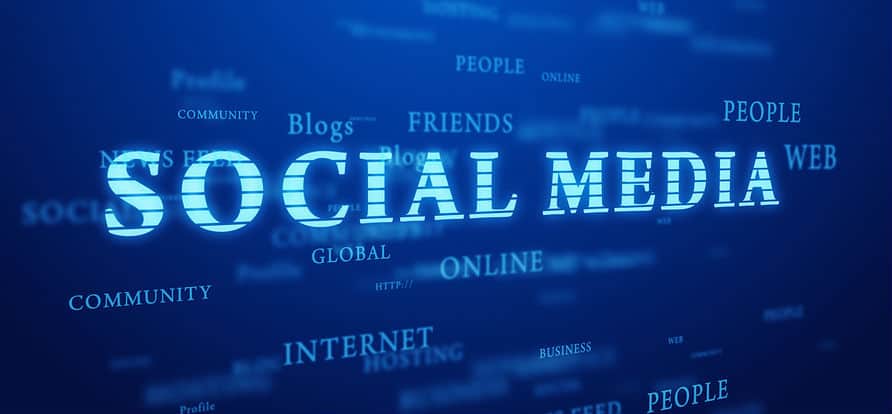From the word unfriend to the word selfie, social media is clearly having an impact on the way we speak today. As someone who is in the digital marketing industry I am aware of not only how fast these online platforms change, but also of how they are influencing the way we speak and write.
So how has social media affected language?
The main effect of social media is that sentences and phrases have become much shorter. For example, the alteration of the word ‘facebook’ to be both a noun and a verb can change a sentence from “I will send her a message on facebook” to simply “I’ll facebook her”. In our fast-paced society, the almost-instant ability of social media to share thoughts with the world has also affected our behaviour in actual speech. For example, this use of terms such as ‘tweet’ as a verb to shorten sentences is very much reflective of the limit of 140 characters in a tweet, forcing you to become more concise and get your message across with a limited number of letters.
Technology has transformed the words we use into abbreviations and acronyms, for example, electronic mail became e-mail which then became email. ‘E-reader’ is a term that has been added to the OED this year, reflecting the rise of products available to read e-books on. ‘OMG’ and ‘LOL’ are widely used acronyms that save time in writing a message. These types of abbreviations have been thought to ‘dumb down’ language and spelling skills. The physical spacing of words have also been shortened, ie from ‘web site’ to ‘website’, reflecting the need to use as few characters as possible within social media updates.
So what is next?
Will social media continue to generate new words? ‘Tumble’ is a word increasingly used on the blogging site ‘tumblr’, and people ‘pin’ items they are interested in on ‘pinterest’. Will these words be officially redefined? Just as popular brand names, such as Hoover, became part of our language, will words specific to social media also be commonly used?
Mallary Jean Tennore, managing editor of Poynter.org, argues that the use of social media is actually strengthening language, stating that “language is always evolving, and technology is a healthy part of that evolution.” She mentions that the way in which we use social media takes us back to the oral tradition, as it is much more conversational, but how can this be true when this communication is non-verbal?
language is always evolving, and technology is a healthy part of that evolution
Language is always evolving, certainly, but is social media helping to reduce or expand it? Social networks constantly introduce new words to our vocabulary, but do their insistence on the concise cause us to use less speech in general?






